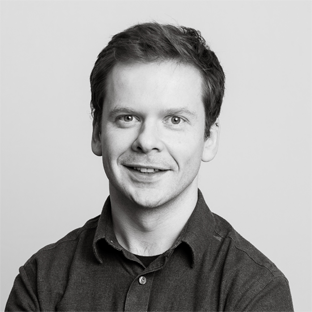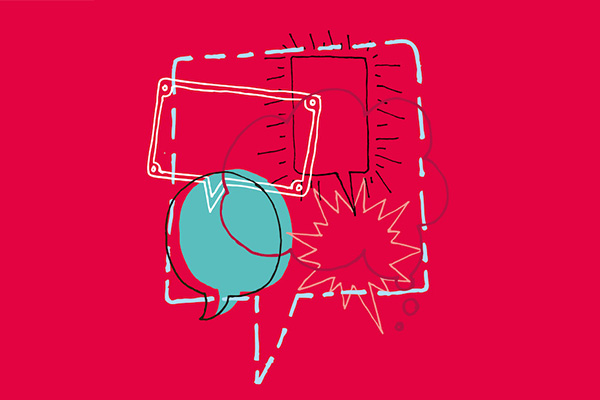This is a blog post by Susie Pascoe. Researcher and Recovery Community Organiser for the RSA.
This is a blog post by Susie Pascoe. Researcher and Recovery Community Organiser for the RSA.
Last month as part of our ongoing Public Events Programme, the RSA’s Whole Person Recovery Team hosted Simon Barlow, recovery worker and former Borstal Prison Officer who spoke about his time working in what is now Rochester Young Offenders Institution.
Although the Borstal system clearly had flaws and was financially unsustainable, Simon described the positive effect that it had on some of the offenders, teaching them to respect their elders and providing them with training, education and structure. Simon described how one lad finished his sentence, stole a car and drove round and round the prison until they ‘let him back in’ (re-arrested and re-sentenced).
We perhaps haven’t come as far as we’d like since the days of the Borstals in terms of tackling offending. Focus still seems to be on punishment, rather than tackling what is often the root causes of such behaviour; lack of opportunity, education, training and employment, lack of positive role models, and lack of social investment into ‘troubled’ families and communities. The old adage innocent until proven guilty still stands, and rightly so, but what happens to our children who are on the path to guilty pleas but for whom early intervention may support them to become valued, self supporting members of their communities?
Next week the Whole Person Recovery public events programme is hosting David Morris, Professor of Mental Health, Inclusion and Community and Director of the Inclusion Institute. David Morris works to develop and improve community engagement and inclusion throughout the UK.
Building inclusive, supportive and resilient communities, that take responsibility for others in need is a sustainable, cheap and rewarding way to meet the challenges of life in the 21st Century, where many of us pass our neighbours by without seeing them as potential friends and support.
 The Whole Person Recovery Programme works to promote an inclusive recovery community, creating opportunities for people to become valued and trusted. People in recovery face the same social problems as everyone else, with the addition of having developed a dependency on substances. But challenges can be faced, and in the right context a problem shared is more often than not, a problem halved.
The Whole Person Recovery Programme works to promote an inclusive recovery community, creating opportunities for people to become valued and trusted. People in recovery face the same social problems as everyone else, with the addition of having developed a dependency on substances. But challenges can be faced, and in the right context a problem shared is more often than not, a problem halved.
We do hope that you will join us on Wednesday 12th June at 6pm at CRI, 133 High Street, Tonbridge to hear about David Morris’ work on this topic, and discuss how this could benefit us all in our communities. The event is free, and spaces are limited. To book your place click here. And please feel free to sign up anyone else from your communities who may be interested.
Related articles
-
Blog: Let's get down and talk dirty
Steve Bodycomb
How language can to used to help or hinder a person's recovery journey from substance and alcohol misuse
-
Blog: The language of Pain
Steve Bodycomb
How language and art can be used to help diagnosis and treatment of medical conditions
-
‘One Love’ – America’s new million dollar industry
Mark Newman
Legal marijuana is sweeping across the US and a market for drugs tourism is emerging in its wake.




Join the discussion
Comments
Please login to post a comment or reply
Don't have an account? Click here to register.
Jack,
Apologies for contacting you through this means but I was unable to find an email address. I am really interested in using that image of the tree for a project I am involved in. I don't suppose you could tell me where you found it? If you could get back to me at gevans-@hotmail.co.uk I would be really grateful.
Many thanks
Georgia